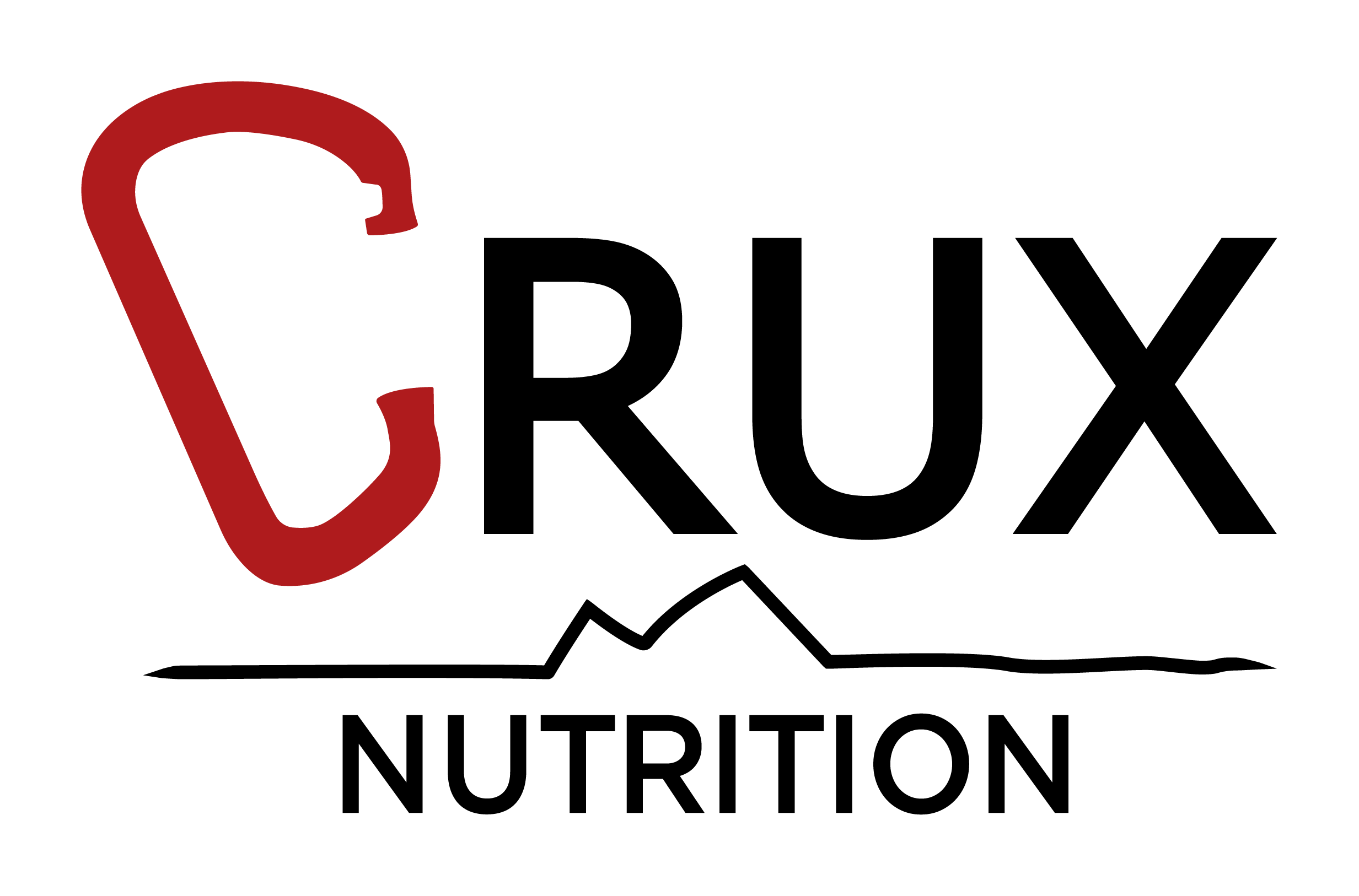Article: The Benefits of Carbohydrates at a 2:1 Glucose to Fructose Ratio in Sports Recovery

The Benefits of Carbohydrates at a 2:1 Glucose to Fructose Ratio in Sports Recovery
When it comes to sports recovery, fuelling your body with the right nutrients is essential for optimal performance and faster healing. One key component that often goes underappreciated in the recovery process is carbohydrates. But not all carbs are created equal. A specific ratio of glucose to fructose in carbohydrates, particularly a 2:1 glucose-to-fructose ratio, can play a critical role in improving recovery after intense exercise.
In this blog, we’ll dive deep into the science behind the 2:1 glucose-to-fructose ratio and explore why it’s so effective for boosting recovery and enhancing athletic performance.
What is the 2:1 Glucose to Fructose Ratio?
The 2:1 glucose to fructose ratio refers to a specific proportion of glucose and fructose found in a carbohydrate source. Glucose is a simple sugar that’s rapidly absorbed into the bloodstream and is used by the body for energy. Fructose, another simple sugar, is metabolized differently, primarily in the liver, and takes longer to enter the bloodstream.
In sports nutrition, the 2:1 glucose-to-fructose ratio refers to consuming two parts glucose for every one part fructose. This ratio is commonly found in certain carbohydrate-based recovery drinks and sports gels and is designed to optimize energy replenishment and improve recovery time.
Why is the 2:1 Glucose to Fructose Ratio Ideal for Recovery?
1. Enhanced Carbohydrate Absorption and Utilization
When you consume glucose alone, your body absorbs it through a single transport system in the small intestine. However, glucose and fructose are absorbed via separate transport mechanisms. By combining the two, you essentially double the rate at which your body can absorb carbohydrates during recovery.
The 2:1 ratio allows for faster and more efficient carbohydrate absorption, meaning your muscles are replenishing glycogen stores at an optimal rate, which is essential after a workout. This translates into quicker recovery times and better preparedness for the next training session or competition.
2. Optimal Glycogen Replenishment
During exercise, your muscles deplete their glycogen stores (the body’s preferred source of energy during high-intensity exercise). To restore these glycogen stores, you need to consume carbohydrates. However, studies have shown that the 2:1 glucose-to-fructose ratio increases the efficiency of glycogen resynthesis compared to consuming glucose alone.
Research indicates that athletes who consume carbohydrates with a 2:1 ratio are able to replenish muscle glycogen more effectively, which means they are better prepared for their next workout or athletic event. This is crucial for anyone training intensely, as it helps avoid the feeling of sluggishness and fatigue that often accompanies poor glycogen recovery.
3. Improved Insulin Response and Blood Sugar Control
Glucose leads to a spike in blood sugar, which in turn triggers insulin production to help regulate blood sugar levels. Fructose, on the other hand, has a lower insulin response. The combination of glucose and fructose in a 2:1 ratio can help provide a more balanced and sustained release of energy without the blood sugar spikes and crashes that can occur with glucose-only supplementation.
This balance helps maintain steady energy levels and improves the body’s overall recovery process by preventing the energy slumps that might come with a glucose-heavy recovery drink. This is especially helpful for athletes who need to avoid feeling sluggish or mentally fatigued after intense activity.
4. Reduced Gastrointestinal Discomfort
One of the issues with consuming large amounts of glucose after exercise is that it can lead to gastrointestinal (GI) discomfort, such as bloating or cramping. The presence of fructose in the 2:1 ratio can help mitigate some of this discomfort. By pairing glucose with fructose, you allow your body to process both sugars more efficiently, reducing the risk of digestive issues that might interfere with post-workout recovery.
5. Increased Endurance Performance
The 2:1 glucose-to-fructose ratio not only aids in recovery but can also enhance endurance performance in subsequent workouts. Since the body is better able to replenish glycogen stores more quickly, athletes experience less muscle fatigue during the recovery process, which means they can perform at a higher level in future training sessions.
For athletes engaged in endurance sports like running, cycling, or swimming, this ratio is particularly beneficial for improving stamina and performance over time. By maintaining glycogen stores, you can avoid energy depletion during long or intense events, allowing you to push through the fatigue and perform at your best.
How to Incorporate the 2:1 Glucose to Fructose Ratio into Your Recovery Plan
To optimize the benefits of the 2:1 glucose-to-fructose ratio, incorporate Crux Nutrition Recover - Collagen Energy Gel into your workout regimen. Crux Nutrition is the ideal recovery supplement to use both during and after training.
Conclusion
Incorporating carbohydrates with a 2:1 glucose-to-fructose ratio into your post-exercise recovery plan can make a significant difference in your athletic performance and recovery times. This ratio optimizes glycogen replenishment, supports faster recovery, improves endurance, and reduces gastrointestinal issues, all of which are vital for serious athletes.
Whether you’re a professional athlete or someone who works out regularly, fuelling your body with the right combination of glucose and fructose is key to maximizing your recovery. By adding this ratio to your recovery routine, you can enhance your performance and be better prepared for your next training session.

